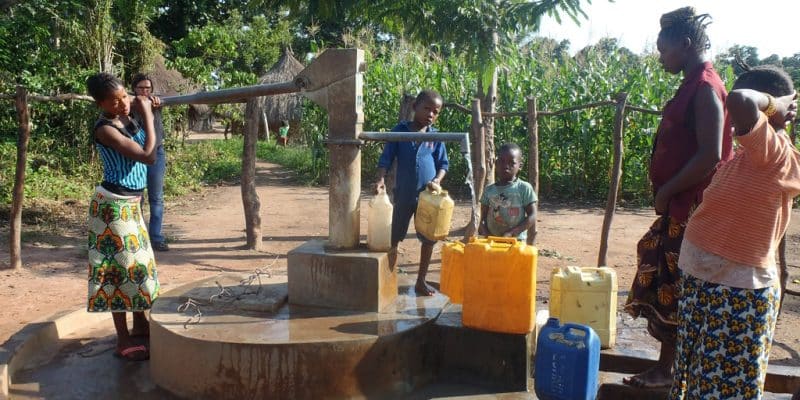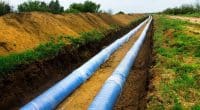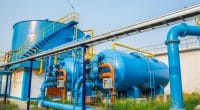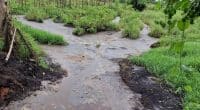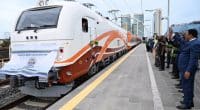In Ivory Coast, the "drinking water" component of the second phase of the government's Social Programme (PSgouv 2) has been launched. This stage of the programme will see the construction of 2,200 human-powered pumps in 17 of the country's 31 regions.
Following the first phase of the government’s Social Programme (PSgouv 1) between 2019 and 2020, which improved the supply of drinking water to rural populations through the rehabilitation of 1,106 human-driven pumps and the maintenance of 10,639 of them, the government of Ivory Coast is launching the “drinking water” component of PSgouv 2. This phase of the programme will see the construction of 2,200 new human-driven pumps to further secure access to drinking water in rural and semi-urban areas.
These human-powered pumps will be built in 17 of Ivory Coast’s 31 regions. The Ivorian Ministry of Water, Sanitation and Hygiene has awarded the contract to Saher, the local subsidiary of the French company Vergnet Hydro. Under its contract, the company is due to deliver all the human-driven pumps by February 2025 at the latest.
The 2,200 new hydraulic installations are expected to improve the drinking water supply for almost 900,000 people out of a population of more than 29 million in Ivory Coast, according to the final overall results of the General Population and Housing Census (RGPH 2021).
Read Also – IVORY COAST: with €26 million, Vergnet will equip 1,000 water points with solar pumps
The PSGouv 2 programme, which will enable these new human-powered pumps to be drilled, has a budget of 3.2 billion CFA francs (around 4.85 million euros). The programme was launched on 22 January 2022 in Tougbo, in the Téhini division of the Bounkani region. It also aims to combat fragility in the northern border areas, and to accelerate education and training, professional integration, the improvement of living conditions in households and the strengthening of solidarity.
Inès Magoum

